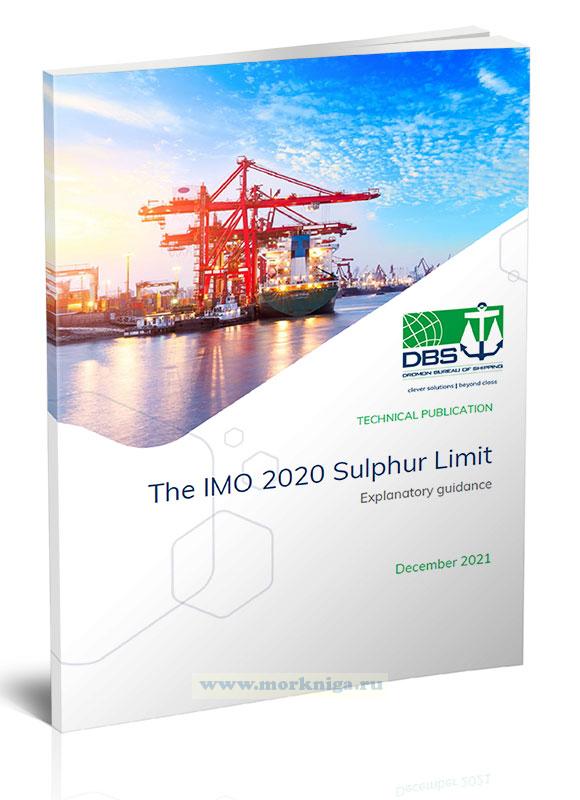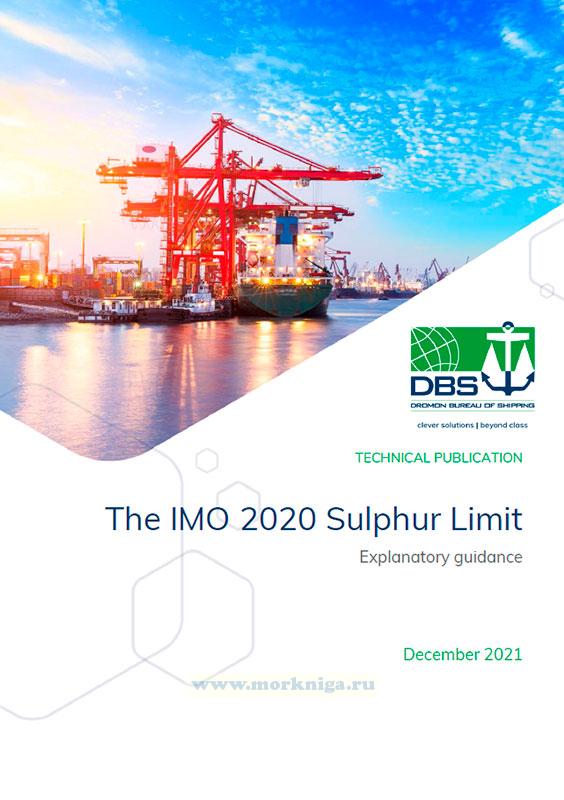The IMO 2020 Sulphur Limit/ИМО 2020 Предел содержания серы в судовом топливе
Книга на английском языке.
One of the major global environmental concerns today is the air pollution from maritime transportation. One of the main elements of pollution are the sulphur emissions (SOx), which exist due to the presence and burning of sulphur compound in the fuel on board ships.
The shipping industry is among the world's biggest sulfur emitters, with sulfur oxide content in heavy fuel oil up to 3,500 times higher than the latest European diesel standards for vehicles, and environmental groups.
The aim of improved energy efficiency for reduced air emissions can notably be achieved through actions in two main directions, at the level of design and at the level of operation of the vessel. New strategies and technologies aiming at reducing ships' fuel consumption are currently a priority for the industry.
Some of the new technologies are the air cavity systems, wind power, fuel additives, twin propellers, new propeller blades, recovery of waste gas heat, and others. The cost related to new technologies can be divided into capital costs (construction, manpower, license fees, delivery of the installation, etc.) and operating costs which relate to annual expenditure.
Content
Background
The goal of improved energy efficiency
Imo comes in front
The 2020 challenge
Compliance
Exhaust gas cleaning systems (egcs)
Bunker delivery notes
Additional requirements from various member states
Ship implementation plan
Fuel oil non-availability report (fonar)
Investigating non-availability
Possible safety implications relating to fuel oils meeting the 0.50% m/m sulphur limit
Tank cleaning
Options for tank cleaning, approximate timelines and considerations
1. Manual cleaning during dry docking
2. Manual cleaning during service
3. Cleaning tanks in service with specialized additives
2020 guidelines for monitoring the worldwide average sulphur content of fuel oils supplied for use on board ships
Annual calculation
Three year rolling average calculation
Sampling
Port state control inspections
Inspections based on documents and other possible targeting measurements
Fuel oil sample analysis
Non-compliant fuel oil
Annex 1 - Fuel oil non-availability report (fonar)
Annex 2 - Port state control checklist
Annex 3 - Local restrictions for exhaust gas cleaning system
Annex 4 - Calculation of average sulphur content based on quantity

